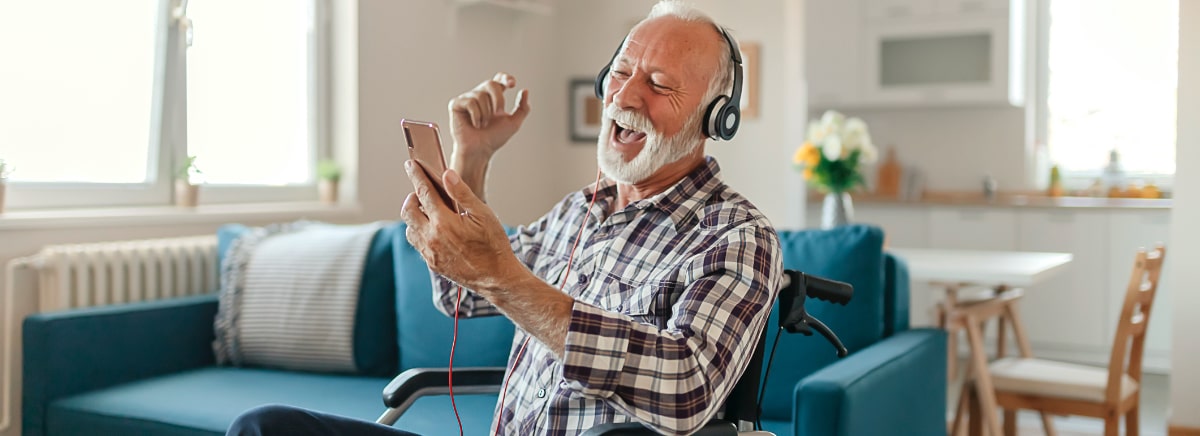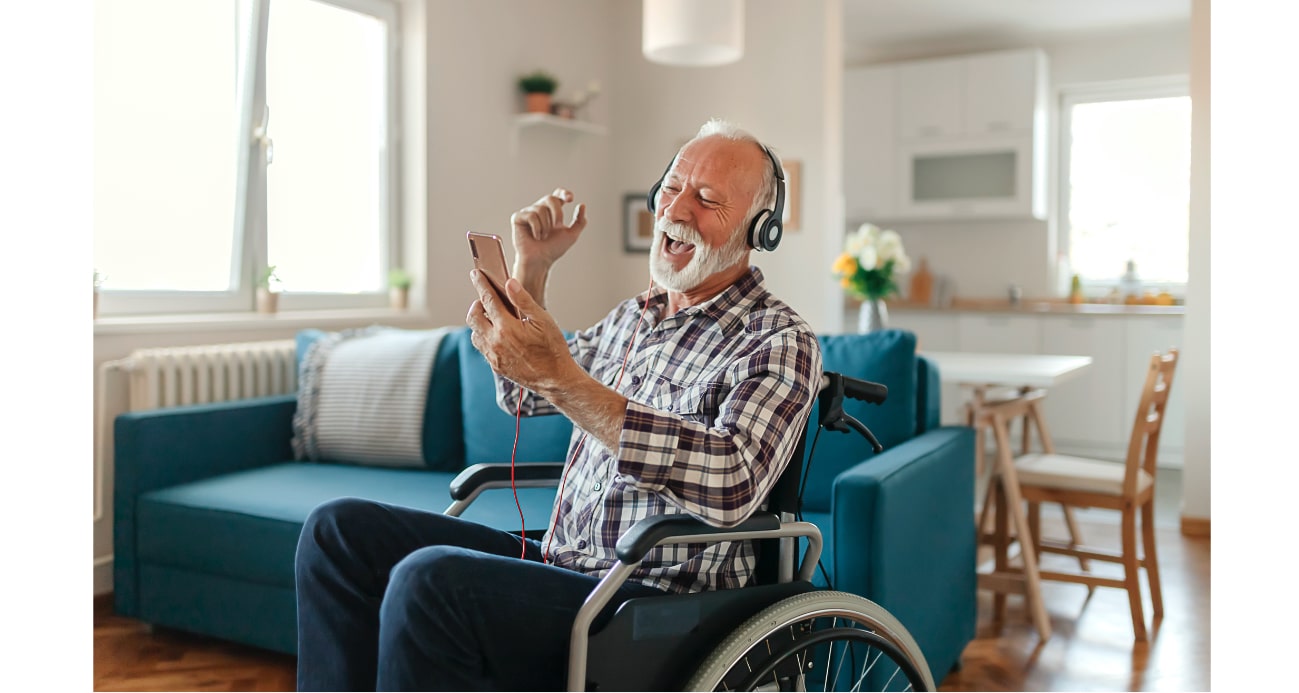Seniors may begin to have feelings of anxiety and/or feel threatened. While there may be no basis for these feelings to an outsider, for the senior these fears are real. These feelings can become fixed so that nothing, even contrary evidence, can convince a person that what they are sensing, or thinking is not true. The senior is experiencing paranoia, a mental disorder that affects not only the aged, but also the caregivers who assist them.
What is paranoia?
Paranoia is a mental condition where seniors experience powerful feelings of anxiety or fearfulness. Paranoia is usually characterized by:
- Delusions of persecution
- Agitation or defensiveness
- Exaggerated self-importance
- Hypervigilance
- Irrational mistrust of suspicion
- Unwarranted jealousy
The condition, which is also linked to memory loss, is caused by the altering of several mental and emotional functions of the brain that involve reasoning and meaning assignment. Paranoid feelings are related to events and relationships in one’s life; and thus, are believable to the person experiencing paranoia because it is based on a lived experience. For elders, paranoia can stem from a variety of issues including finances, terrorism, the caregiver, or family.
Paranoia in seniors and its effect on the caregiver
Seniors experiencing paranoia can remain active, as the condition is not necessarily physically debilitating. Due to mental toll it takes to constantly be on guard, worrying about being deceived or taken advantage of, paranoia can lead to a life of isolation. Paranoia can have ill effects on caregivers, especially those from the family. Caregivers can grow tired from the demands of a senior with paranoia. A caregiver can face greater physiological and emotional distress from the words or actions of a senior whose condition is deteriorating. The potential for emotional beratement or mistrust by a senior loved one leads to sadness and depression in the caregiver. One out of three caregivers experience health problems themselves, with family caregivers experiencing higher levels of depression than non-family caregivers. It is important that caregivers practice some form of self-care to manage their own mental and physical health.
How to aid a senior experiencing paranoia?
Seniors with issues of paranoia run the risk of alienating family and friends. There are tactics in which a caregiver can use to manage this condition in seniors in their care.
- Be transparent as possible: As one of the signs of paranoia is a belief of being taken advantage of, it is important for a caregiver to let their senior know of their actions and why the actions need to take place.
- Do what you say you will do: Following through on tasks will help assuage paranoid fears of being lied to by the caregiver.
- Do not argue or react: Paranoia is a mental condition. No matter the context, it is better to not take it personally as the senior may not understand the gravity of their own words or feelings.
- Search for activities or items to distract the senior: Sometimes changing the subject or focusing on an important document or picture will curtail paranoid thoughts.
- Seek outside help from a home care professional: For family caregivers, the need for self-care is important. An outside home care professional can provide respite in order to alleviate the stresses associated with caregiving.
Sources
Mental Health America – http://www.mentalhealthamerica.net/conditions/paranoia-and-delusional-disorders
National Institute on Aging – https://www.nia.nih.gov/health/alzheimers-and-hallucinations-delusions-and-paranoia
Senior Citizen Journal – http://www.seniorcitizenjournal.com/seniorcitizenjournal/caregiving-for-elderly-parents-with-paranoia/
Good Therapy – https://www.goodtherapy.org/blog/how-caregiving-can-impact-a-caregivers-mental-health
If you or an aging loved one is considering caregivers in Castle Pines, CO, please contact the caring staff at SYNERGY HomeCare today at 303-953-9924.

